Write a program that computes the following equation. 100/1+99/2+98/3+97/4+96/5...3/98+2/99+1/100
I am not asking for a solution. Yes this is a homework problem, but I am not here to copy paste the answers. I asked my professor to explain the problem or how should I approach this problem? She said "I can't tell you anything."
public static void main(String[] args){
int i;
for(i = 100; i >= 1; i--)
{
int result = i/j;
j = j+1;
System.out.println(result);
}
}
